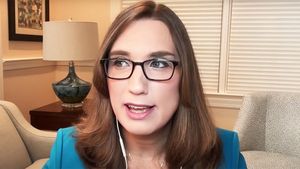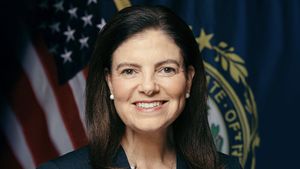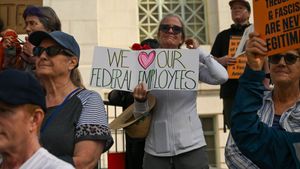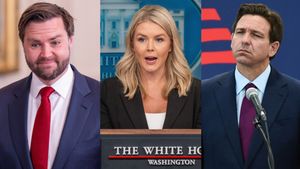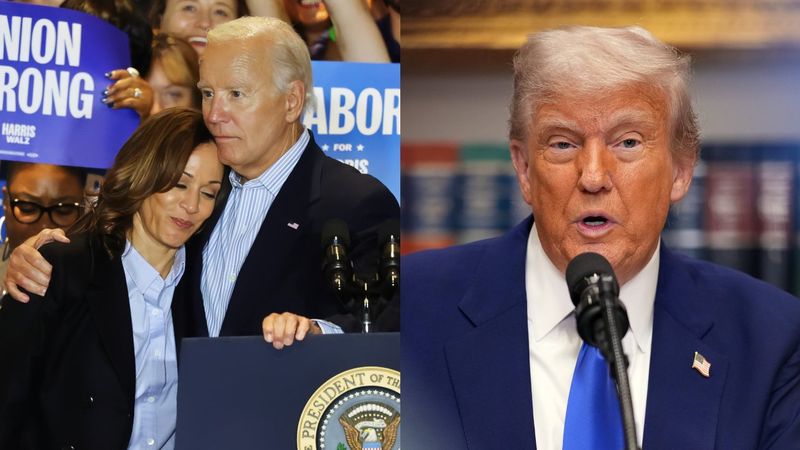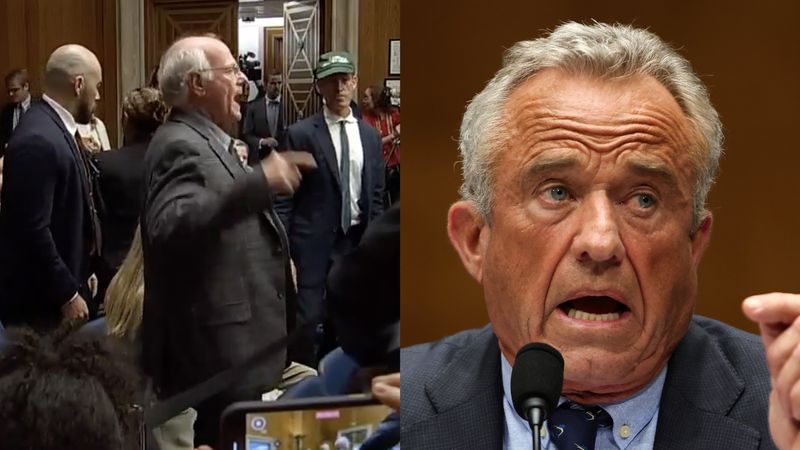The Élysée Palace officially has a new resident and he's family!
Gabriel Attal has been appointed as France's new prime minister, becoming the first out gay person to serve in the position.
The 34-year-old is also the youngest to fill the role in over 65 years. Attal has served as the minister of education since July, and previously served as minister of public works and public accounts. He was also the government spokesman from 2020 to 2022, during the height of the COVID-19 pandemic.
"I know I can count on your energy and your commitment,’’ French President Emmanuel Macron wrote in a congratulatory message to Attal on X.
Attal enacted the heavily criticized ban on the Muslim abaya dress in public schools as his first action as education minister, to the praise of his conservative opposition. He has also pushed for uniforms to cut down on bullying.
Attal came out in 2018 after being outed on social media by his former classmate, Juan Branco, a former lawyer for Julian Assange. He said in a TV interview that he often faced homophobic bullying from his classmates, implying that Branco was the ringleader and that he was "obsessed" with his sexuality.
Attal then made public his civil union with Stéphane Séjourné, a member of the European Parliament. The two have since reportedly broken up, but have not spoken publicly about their relationship.
Attal is France’s most popular politician, according to a December poll from IPSOS. His approval rating still sits at just 40 percent. He replaces Elisabeth Borne, who resigned on Monday after 20 months in the position.
Borne was the first woman Prime Minister in over three decades to fill the role, but had drawn ire throughout her tenure for using a constitutional clause over 20 times to push through legislation without a vote in the French Parliament's lower house. One such policy was the infamous change to the retirement age, raising it from 62 to 64, which sparked widespread strikes throughout the country last spring.
Borne's administration was also behind a controversial immigration law that limited welfare benefits for undocumented workers, as well as gave local officials more authority to enforce such policies.







